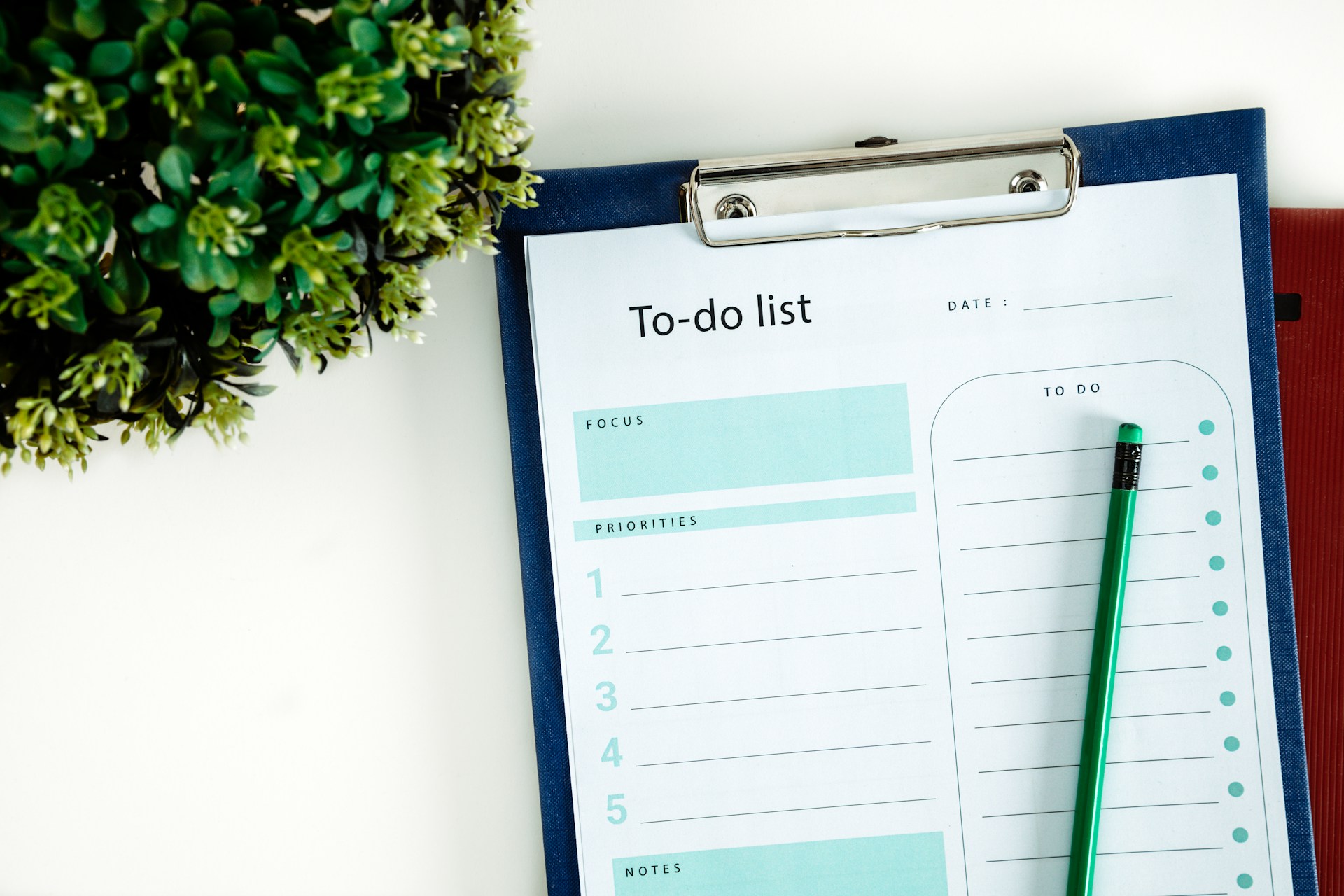If you have had or are contemplating having bariatric surgery to help you lose weight, you need to know that these operations will permanently change the size of your stomach. If you overeat after your surgery, you can experience great discomfort as well as weight gain.
Today we are going to give you some information that will help you understand the symptoms of eating too much after gastric sleeve or bypass surgery. We will talk about why this can happen, why binge eating sometimes occurs, and what you can do to get back on track. We will also explain a condition called dumping syndrome, what triggers it, and the unpleasant symptoms it can cause.
{{cta_button}}
Eating Too Much After Gastric Sleeve Or Gastric Bypass
After you undergo bariatric surgery, your new stomach is much smaller and will process your food and empty in a different way. When you eat past the point of being comfortably full, it can trigger certain symptoms in your body.
Some of these warning signs include:
- Pressure or tightness in your chest or throat or a feeling that something is stuck in one of those places.
- You may develop the hiccups or a runny nose or watery eyes, or your body may emit an involuntary but sudden deep sigh while you are eating. These are early clues that you are full and you should stop eating.
- You may experience nausea or vomiting right after you eat.
- Sometimes you can have saliva flooding your mouth or what is called the “foamies,” which is a type of frothy spit that can develop when your food is not easily moving through the digestive process. Your body creates this extra liquid to help get the food moving and push it through.
- You may start feeling crampy or bloated, or you might have diarrhea after eating.
- Your heartbeat may become faster, you might feel dizzy or begin to sweat, or even feel weak after meals.
Dumping Syndrome Symptoms
Many people wonder about dumping syndrome and what this bariatric term means. This is a phrase that is used to describe a series of unpleasant symptoms that can occur when the food you eat moves much too quickly from your small stomach pouch and into your small intestine. It is more prevalent after gastric bypass surgery and is triggered by certain foods like sugary foods, fried foods, and greasy foods.
There are two kinds of dumping syndrome symptoms, which include:
- Early dumping syndrome, which can occur anywhere between 10 and 30 minutes after you eat, with symptoms like stomach cramps, bloating, diarrhea, nausea, flushing, an increase in your heart rate, and feeling lightheaded.
- Late dumping syndrome can happen anywhere from 1 to 3 hours after you eat when you experience a steep drop in your blood sugar. Your symptoms may include sweating and feeling shaky, dizzy, or weak. You may develop a headache or feel cranky.
Common Dumping Syndrome Triggers
Foods that trigger dumping syndrome the most are normally high in sugar or very high in fat and move rapidly from your stomach into your small intestine, which overwhelms your system and results in uncomfortable symptoms. Some of the most common culprits include:
- Drinks full of sugar like soda, sweet tea, fruit juice, sports drinks, or flavored coffee drinks.
- Candy and desserts like cake, cookies, pastries, ice cream, chocolate candy bars, or donuts.
- Fried foods that are high in fat, like french fries, fried chicken, onion rings, or greasy takeout options.
- Dairy desserts like milkshakes, or choices that combine fat and cream like sweetened yogurt.
- Simple carbohydrates like white bread, bagels, pancakes, or pasta.
- Alcohol
- Too much of certain types of fruit at one time, like watermelon, grapes, or pineapple.
Binge Eating After Bariatric Surgery
Some individuals have issues with binge eating, which is different from eating too much at one meal. It normally is characterized by eating a large amount of food in a short amount of time and feeling out of control while you are doing it, and then feeling guilty or upset afterward. It can be caused by many different things, and bariatric surgery does not automatically make it go away.
It can look a bit different after surgery because your stomach is smaller, but the feeling of being out of control, eating very quickly, or eating to cope with stress can still happen. If binge eating was a coping skill before bariatric surgery, those patterns will still be there, and it can feel worse for some people because their new physical limitations can feel like they are getting in the way of their emotional needs. Research shows that early intervention with a counselor who has special training in eating disorders and bariatric patients can make a huge difference in preventing frustration and helping you reach your goals.
Why Can I Eat so Much after Gastric Sleeve?
If you have had gastric sleeve surgery and you are gaining weight or not losing the weight you expected, there could be a few different things happening. Some of the common reasons include:
- You are eating a lot of soft foods, or what are called “slider foods,” that go down easily and slide on through so you can take in more food before you start feeling full. Foods like ice cream, chips, mashed foods, and liquid calories can add up fast, but they do not help you feel satisfied.
- You are grazing or eating too fast. It takes about 20 minutes for your brain to get the signal that you are full, so eating too quickly or grazing all day long prevents your brain from letting you know to stop eating.
- You may not be chewing your food enough and allowing bites that are too large to go into your stomach pouch. These move much slower than food that is properly chewed and can make you feel plugged up.
- Your stomach can gradually become more flexible if you continue to overeat, and each time you eat, it may take more food to help you feel full because your pouch has gotten a bit larger. This cycle can continue until you have gained a substantial amount of weight.
{{cta_small}}
How Can I Avoid Eating too Much after Gastric Sleeve or Bypass Surgery?
Here are a few tips and tricks that can help prevent you from overeating after bariatric surgery.
- Use a small plate to trick your brain into believing you are eating larger portions than you are.
- Eat your protein first, then non-starchy vegetables, then a small amount of high-fiber carbohydrates.
- Cut your food into very small bites, like the size of a pea, and chew well and until smooth.
- Put your fork down between the bites you take and take time to chew and pause. It should take you about 20 to 30 minutes to eat and allow time for your brain to receive the “all full” signals.
- Avoid drinks full of sugar, desserts, and other foods that are known for running right through the stomach and creating dumping syndrome symptoms.
- It can help to keep a food journal for a week or two and make notes about what you ate, how fast you ate, and any signals or reactions your body had.
Where Can I Get Help If I Am Eating too Much After Bariatric Surgery?
If you have undergone bariatric surgery and you are gaining weight or did not lose the weight you expected, the team at Batash Endoscopic Weight Loss Center can help you get your weight loss journey back on track.
Dr. Steven Batash offers a procedure that can restore the restrictive capabilities that your original bariatric surgery created using a special endoscopic procedure that does not require surgery. The Suture Resculpt procedure is done as an outpatient procedure, and you can go home the same day and begin your very short recovery process.
The team at Batash Endoscopic Weight Loss Center will create a plan that is customized just for you that can help you maintain a healthy weight. You will have access to nutritional and lifestyle guidance as well as the knowledge and tools you need to get through any challenges you encounter. They will be by your side to support you every step of the way and help you succeed in reaching a healthy weight. Set up your consultation today to learn more!
FAQs About Overeating After Bariatric Surgery
What happens if you eat too much after gastric sleeve or other bariatric surgery?
Immediately, you might feel uncomfortable or even sick with pressure and other symptoms like foamies, vomiting, cramping, or diarrhea. Depending on what you have eaten, you may have also triggered dumping syndrome, which can hit anywhere from 30 minutes to a few hours later. If you continue to overeat, it can eliminate a significant portion of the restriction that was created during your gastric sleeve or gastric bypass, and it will take more to fill you up. This will mean you need more food to make you feel full, so you will continue to increase your food intake, which will lead to weight gain. In rare cases, overeating can lead to stomach rupture, which is a medical emergency.
What are signs of fullness after gastric sleeve?
You may feel pressure in the upper portion of your stomach or chest, or a pinching feeling, get the hiccups, or your nose might start running and your eyes may get watery. You will need to eat very slowly and learn these cues because there is a delay in the communication between your stomach and your brain, and these symptoms will show up before your stomach feels full.
How do you know if you have damaged your gastric sleeve?
It is rare for a stomach rupture or staple leak to occur after the first month, but if you have ongoing pain, fever, chronic vomiting, or you are unable to keep fluids down, or you see signs that you are bleeding, this is a medical emergency, and you need to call your bariatric doctor right away.
What is “plugging” after gastric sleeve?
“Plugging” is the term that is used to describe the feeling of having food stuck at the lower part of your esophagus or at the top of your stomach pouch. It often causes chest pressure, an increase in saliva, and sometimes “foamies,” which is where the excess saliva builds up and mixes with tiny particles of food and creates a frothy, bubbly spit. It normally occurs after eating bites that are too big and not chewing your food enough. The best thing to do if this happens is to stop eating, take a few minutes to relax, slowly walk around a bit, and it should start to get better. If this happens to you often, it is recommended that you meet with a bariatric dietitian.
{{cta_button}}








